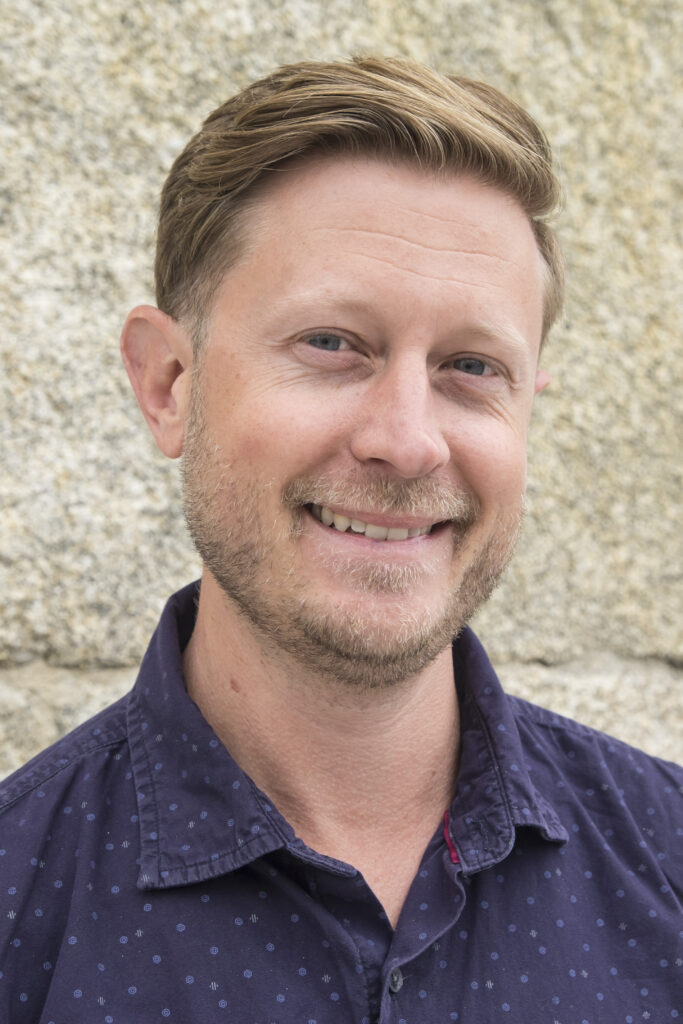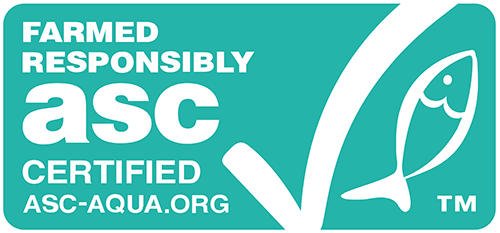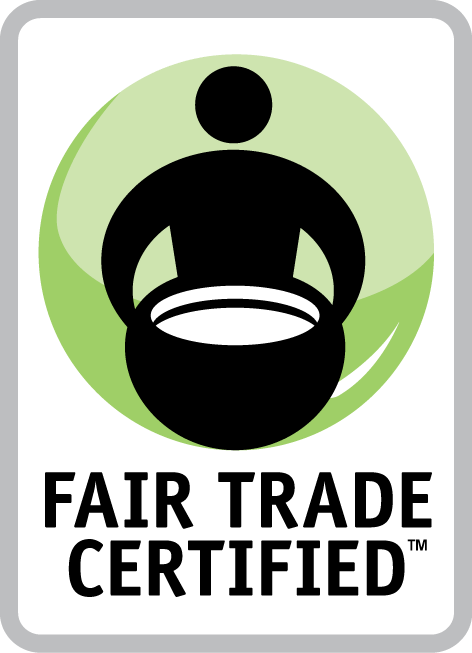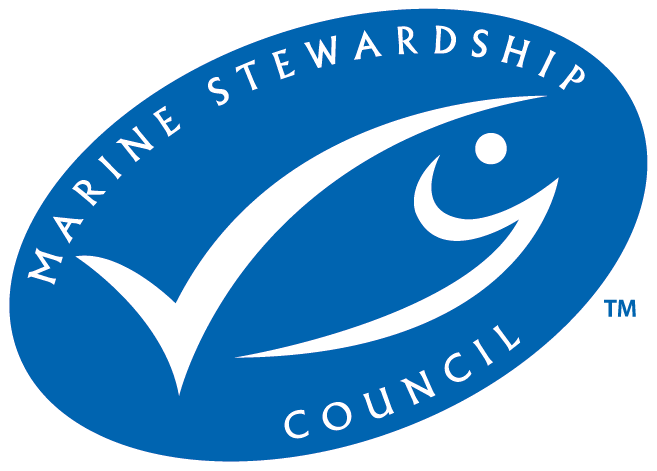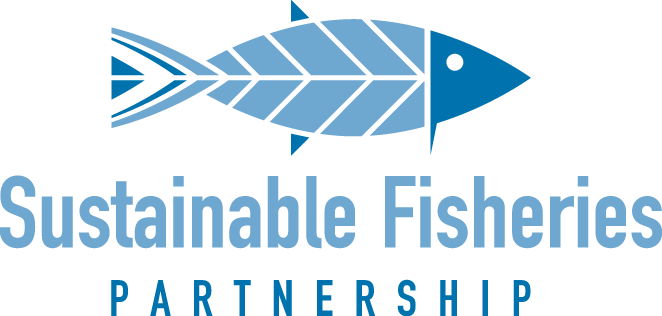Collaboration members are global seafood certification or ratings programs focused on environmental sustainability and/or social responsibility. The Collaboration’s work is directed by a Steering Committee that includes one individual representative from each program.
Aquaculture Stewardship Council
High in protein, low in fat, nutritionally rich, and resource-efficient to produce, fish is an ideal food to feed our growing planet. However, even with sustainable practices, traditional methods of wild capture fishing can’t possibly meet the demand. Aquaculture, which already accounts for more than half of global fish consumption, has the capacity to meet global demand while reducing the pressure on wild capture fisheries. But as the aquaculture industry expands to meet demand, care must be taken to avoid a range of adverse environmental and social impacts, including poor site management, water pollution, disruption of local ecosystems and poor working conditions. ASC’s certification programme promotes better managed fish farming, by rewarding responsible farming practices and creates change so we can meet the growing demand while minimising negative environmental and social impacts.
Chris Ninnes, Chief Executive Officer
“The more we do to reduce the barriers to environmentally and socially responsible business practices, the more farms and wild-catch businesses will adopt best practices.”
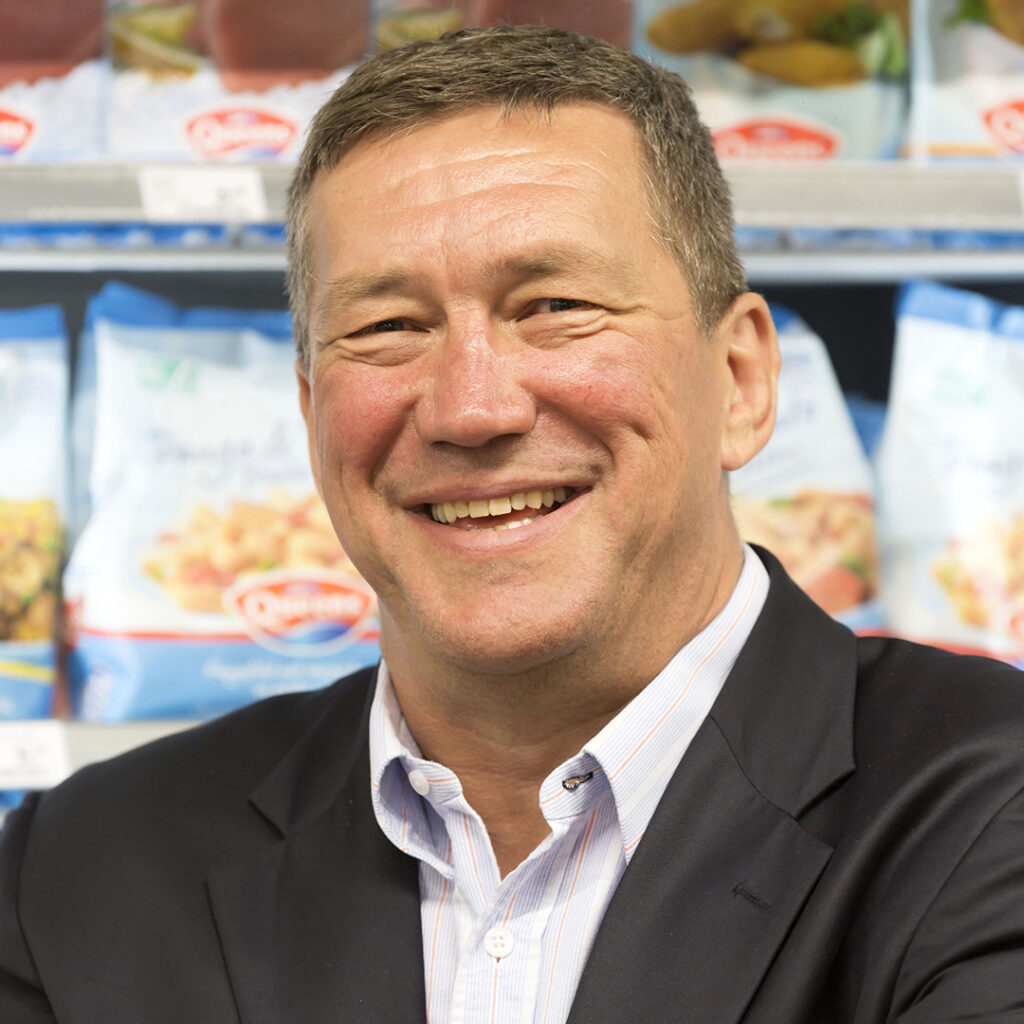
Fair Trade USA
Fair Trade USA is a nonprofit organization that promotes sustainable livelihoods for farmers, fishers, and workers; protects fragile ecosystems; and builds strong, transparent supply chains through independent, third-party certification. Its trusted Fair Trade Certified™ label signifies that rigorous standards have been met in the production, trade and promotion of Fair Trade products from over 80 countries across the globe. Recognized as a leading social venture by the Clinton Global Initiative, the Skoll Foundation and Ashoka, Fair Trade USA also provides critical capacity-building programs at origin, and educates consumers about the power of their purchase.
Since its inception in 2014, the goal of the Fair Trade Certified™ Seafood Program is to build resilient fishing communities by ensuring financially stable and sustainable socioecological systems, safe working conditions, access to community services, and healthy fishing resources for future generations. We aim to move the seafood industry toward more socially and environmentally sound practices by adapting Fair Trade’s proven model of certification for use in fisheries.
Sugumar Raman, Chief Program Officer
“This collaboration is a unique collective effort to transform the seafood sector and make it more responsible and sustainable. Through this collaboration, Fair Trade USA seeks to drive its vision to support responsible companies, empower fishers, and protect the environment.“
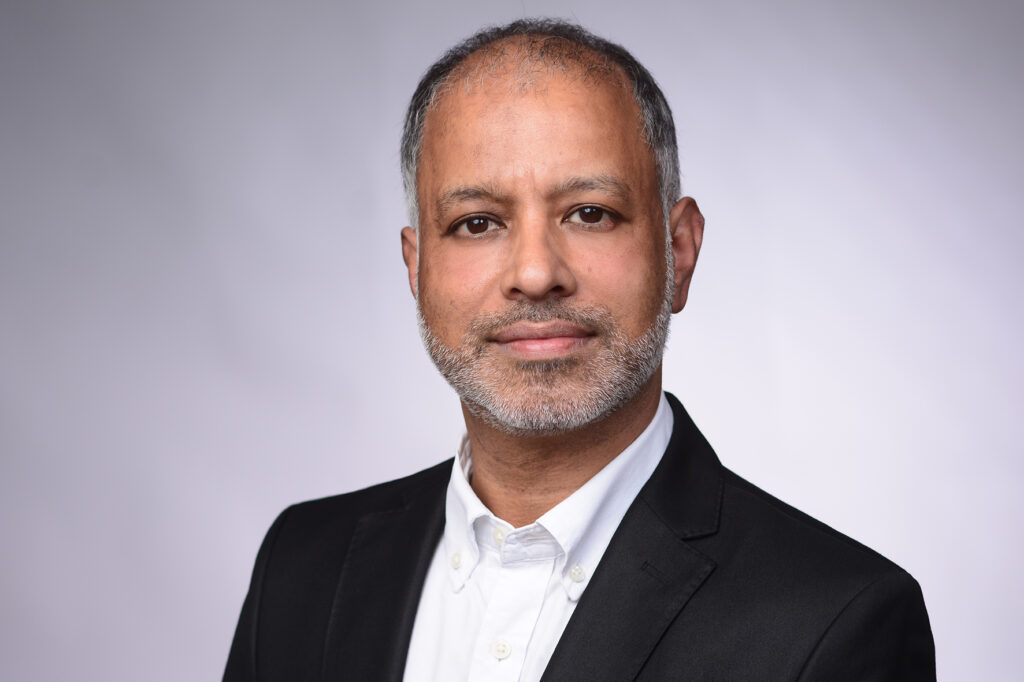
Marine Stewardship Council
The Marine Stewardship Council (MSC) is an international non-profit organization which sets globally recognized standards for sustainable fishing and the seafood supply chain. The MSC ecolabel and certification program recognizes and rewards sustainable fishing practices and is helping create a more sustainable seafood market. The MSC ecolabel on a seafood product means it comes from a wild-catch fishery which has been independently certified to the MSC’s science-based standard for sustainable fishing. Fisheries representing more than 19% of the world’s wild marine catch are engaged in its certification program, and more than 20,000 different MSC labeled products are available on shelves across the globe (figures correct as of 31 March 2021).
Erika Feller, Regional Director, Americas
“This collaboration enables us to better understand each other’s roles, accept our differences, and identify our complementarities. This will help us to communicate more clearly and facilitate greater incentives for harvesters, farmers and the supply chain to adopt more sustainable policies.”
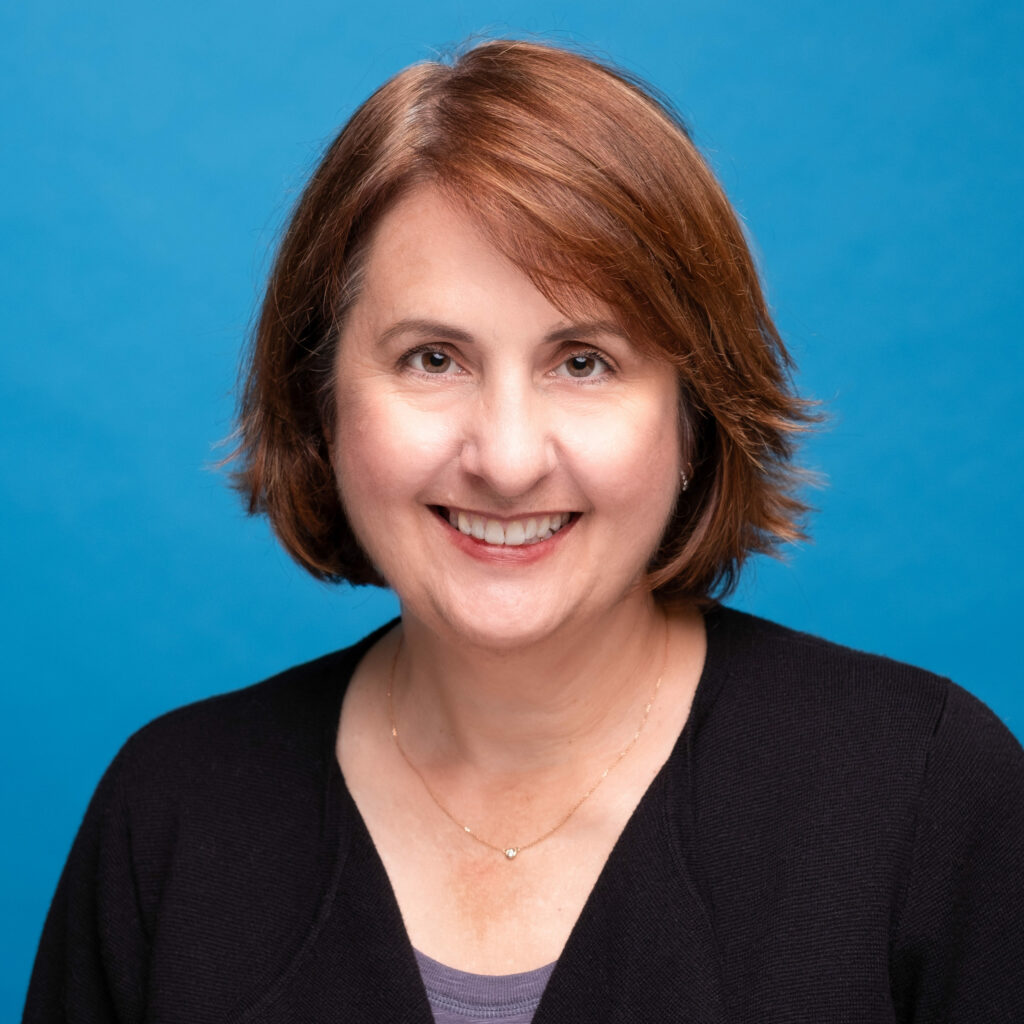
Monterey Bay Aquarium Seafood Watch Program
The Monterey Bay Aquarium Seafood Watch® program is a globally respected source of science-based recommendations for sustainable seafood from wild-caught and farmed sources.
The recommendations are developed through a process driven by the program’s vision of sustainable seafood: seafood from sources that can maintain or increase production without jeopardizing the structure and function of affected ecosystems. Based on rigorous criteria, assessments indicate which seafood sold on the North American market are a “Best Choice” or “Good Alternative,” and which ones to “Avoid.”
Seafood Watch recommendations empower consumers and businesses to make choices for a healthy ocean, helping support diverse marine ecosystems for the future. The program also raises awareness through its printable guides, website, mobile app, and partnerships with businesses, zoos, aquariums, culinary leaders and conservation organizations.
Increasingly, Seafood Watch is working on a global scale – taking a markets-based approach that harnesses the purchasing power of businesses large and small in order to shift fishing and aquaculture practices around the world in more sustainable directions.
Jennifer Dianto Kemmerly, Vice President of Global Ocean Initiatives
“Ratings and certifications are complementary tools that can inform and reward those fisheries and aquaculture operations who are moving along the path to sustainability. Seafood Watch is committed to this collaboration, because sustainability wins when ratings and certifications work well together.”
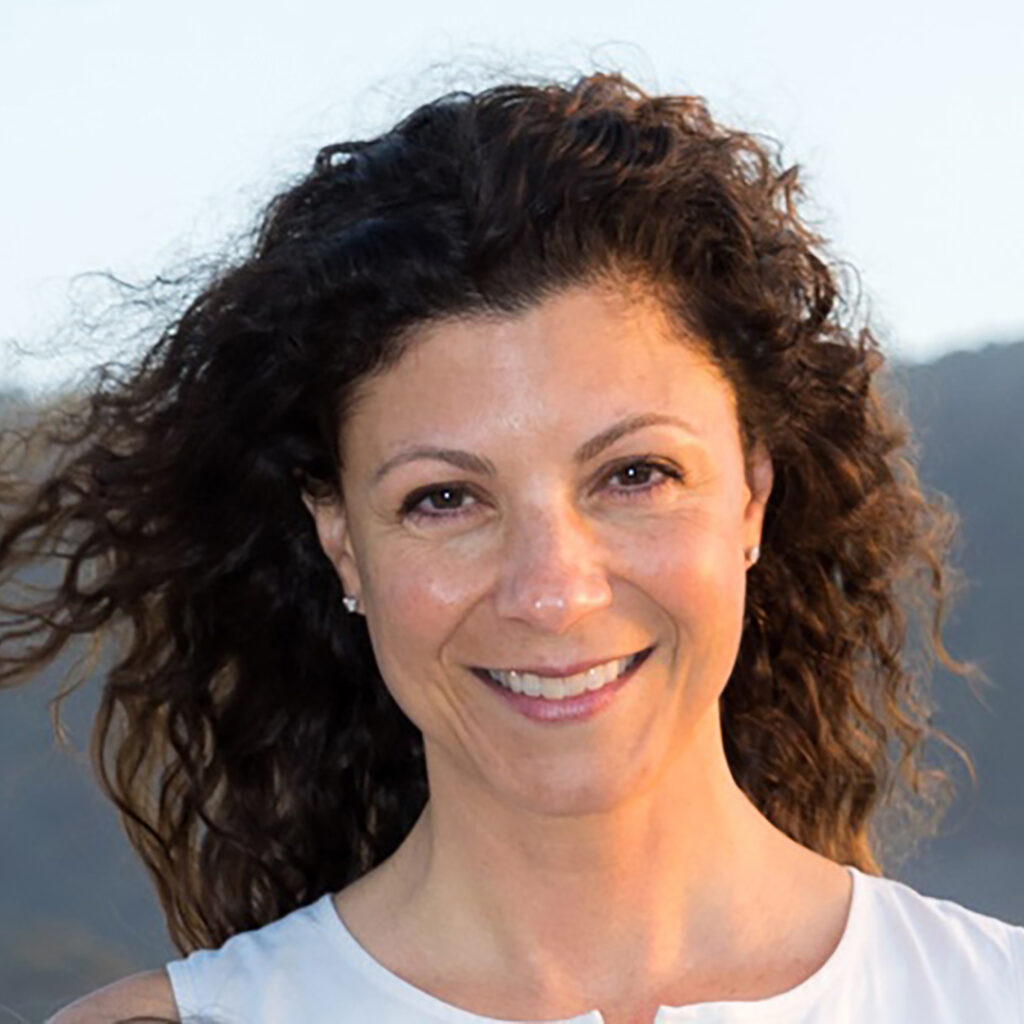
Sustainable Fisheries Partnership
Founded in 2006, the Sustainable Fisheries Partnership Foundation – known as Sustainable Fisheries Partnership (SFP) – is a nonprofit organization dedicated to rebuilding depleted fish stocks and reducing the environmental and social impacts of fishing and fish farming through engaging fishery stakeholders (communities, NGOs, government, etc.) and seafood businesses in every part of the supply chain. The organization works to improve fisheries through fishery improvement projects (FIPs) and aquaculture improvement projects (AIPs), which are multi-stakeholder bodies that seek to advance the sustainability of fishing and fish farming operations. SFP also supports Supply Chain Roundtables which allow seafood suppliers to work in a pre-competitive environment to promote improvement throughout the supply chain.
Braddock Spear, Systems Division Director
“SFP is working to ensure that at least 75% of global production in key seafood sectors is sustainable or moving toward sustainability. The collaboration is critical for this goal, because it harmonizes improvement advice for specific fisheries and aquaculture sources and aligns efforts to engage the industry from key and emerging markets in driving improvements.”
